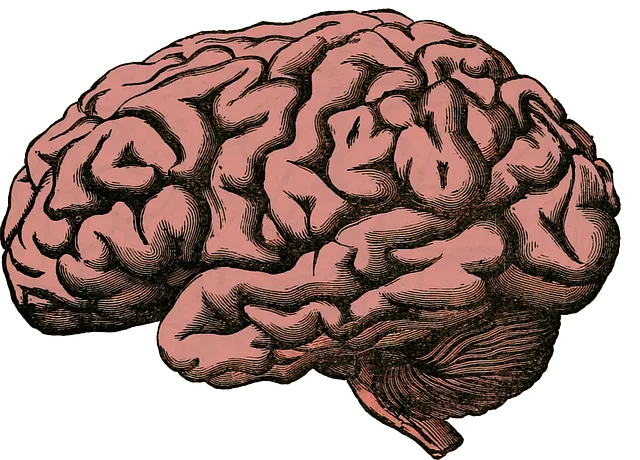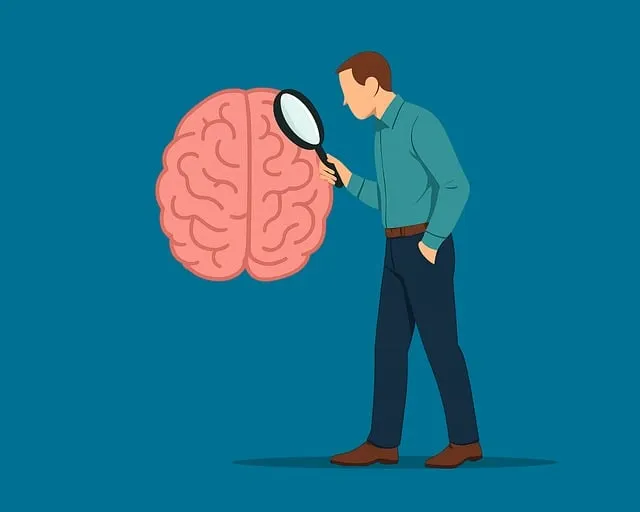Kaiser Permanente Longmont is revolutionizing healthcare by prioritizing cultural competency and mental health wellness among its providers. Through innovative training, they foster emotional resilience, prevent burnout, and improve patient care in diverse communities. Their holistic approach includes self-awareness exercises, interactive workshops on various cultures, and stigma reduction strategies, ensuring personalized, effective treatment tailored to each patient's unique needs, including those seeking Kaiser Permanente mental health services in Longmont.
“In today’s diverse healthcare landscape, cultural competency is no longer an option but a necessity. This comprehensive article explores this critical aspect of modern medicine, focusing on Kaiser Permanente Longmont’s innovative approach to mental health training. We delve into the benefits of such programs and present implementation strategies for effective cultural competency education. By understanding and addressing cultural nuances, healthcare providers can significantly improve patient outcomes and foster better community connections.”
- Understanding Cultural Competency in Healthcare: A Need in Modern Medicine
- Kaiser Permanente Longmont's Approach to Mental Health Training
- Benefits and Implementation Strategies for Effective Cultural Competency Education
Understanding Cultural Competency in Healthcare: A Need in Modern Medicine

In today’s diverse society, cultural competency within healthcare has become an indispensable aspect of modern medicine. This concept refers to the ability of healthcare providers to understand and appreciate cultural differences among their patients, ensuring effective communication and quality care. With organizations like Kaiser Permanente Longmont recognizing the significance, training programs focused on this skill set are gaining traction.
The need for such training is evident when considering the complex interplay between cultural backgrounds, health beliefs, and mental health practices. For instance, integrating self-care practices from different cultures or addressing specific social skills can significantly impact a patient’s journey towards wellness. By equipping healthcare providers with the tools to navigate these complexities, they become better equipped to deliver personalized care tailored to each individual’s unique needs.
Kaiser Permanente Longmont's Approach to Mental Health Training

Kaiser Permanente Longmont recognizes the critical importance of addressing mental health within their healthcare provider training programs. They have pioneered an innovative approach that goes beyond traditional workshops and incorporates self-awareness exercises tailored to cultivate mental wellness and prevent burnout among medical professionals. Through interactive sessions, providers are encouraged to explore their own emotional responses, cultural biases, and stress management techniques.
This holistic strategy not only enhances patient care but also fosters a supportive environment where healthcare providers can openly discuss challenges related to mental health. By integrating these self-care practices into the fabric of their training, Kaiser Permanente Longmont is paving the way for improved resilience among medical staff, ensuring they are equipped to deliver quality care while maintaining their well-being.
Benefits and Implementation Strategies for Effective Cultural Competency Education

Cultural competency training is a powerful tool to enhance patient care and satisfaction, especially in diverse communities like Longmont where Kaiser Permanente mental health services are accessible. The benefits are multifaceted; it improves communication between healthcare providers and patients from different cultural backgrounds, fostering an environment of trust and understanding. This can lead to better assessment and treatment outcomes, as culturally competent professionals are more adept at recognizing and addressing unique needs and preferences.
Implementing effective training involves a strategic approach. Firstly, self-awareness exercises should be integrated to encourage providers to reflect on their own cultural biases and assumptions. This introspection is crucial for mental health professionals, given the impact of unconscious biases on diagnosis and treatment plans. Secondly, interactive workshops focusing on various cultural contexts can enhance knowledge and skills. Additionally, risk management planning should incorporate strategies for addressing Mental Illness Stigma Reduction Efforts, ensuring providers are equipped to handle sensitive discussions with empathy and professionalism. These initiatives, when seamlessly incorporated into the healthcare system, can transform patient experiences at Kaiser Permanente Longmont.
Cultural competency training, as exemplified by Kaiser Permanente Longmont’s innovative approach to mental health education, is a transformative tool in modern healthcare. By fostering understanding and empathy towards diverse cultural backgrounds, these programs enhance patient care, improve outcomes, and promote equity. The benefits are clear: improved communication, reduced biases, and increased access to quality services. Implementation strategies, such as interactive workshops, ongoing mentorship, and community engagement, ensure that healthcare providers can navigate the complex tapestry of cultural differences, ultimately providing more personalized and effective treatment. For Kaiser Permanente Longmont and other healthcare organizations, investing in cultural competency training is not just a moral imperative but also a key strategy for enhancing patient experiences and outcomes, especially within diverse communities.






